Stop crippling yourself by middle age. Here’s why and what to do right now.
You might have the beginnings of dementia right now. Yes, now, at thirty.
Or forty. Decades before the time when most of our society believes, quite wrongly, that dementia is expected. NO, it’s not expected, and NO it’s not a normal part of aging, but it is now increasingly a part of middle age. Earlier. That’s a shocker, but it’s real. And that might be you, yes, you, right now, in your thirties.
You might be feeling, seeing, but not recognizing the early markers of decline thirty years before you think it should happen, with the emphasis on “think” and “should.”
Our life expectancy is dropping due to a great many factors. Many of them are absolutely, positively manageable.
This article offers up a collection of smart writing from good folks on Medium and elsewhere that I really want to get in front of your peepers right now. NOW. Because as I sit here writing at sweet six am in Eugene Oregon, my 68- year-old brain and body, injured as it is from a lousy landing on aerial silks two weeks ago and the recipient of twenty-two concussions, may well be one hell of a lot younger and better off than yours even if you are thirty or forty years younger. Please. Let’s talk about why, and what you can do about it.
And NO this isn’t another barky bullshit self-help article. Stay with me here. Those annoy me, too.
Let’s start. The other day one of my favorite health writers on Medium,
Robert Roy Britt, penned this stunning piece:

This from the article made me sit right up:
Poor health in middle age — measured by lack of physical activity, poor diet, and high blood pressure — more than doubles the risk of dementia later in life.
In one study, sedentary adults started a six-month exercise program, after which they took cognitive tests. Compared to a control group that stayed sedentary, the 40-year-olds in the exercising group tested as though they were 30 years old, and the 60-year-olds tested as though they were 40.
Other research finds that people who were in relatively poor health when they were 18 to 30 years old — with high blood pressure, blood sugar, and cholesterol — scored worse on cognitive tests in their forties and fifties, compared to people who were healthier as young adults. Exercise is known to improve all those markers of health. (author bolded)
Britt points out that if you are in poor health in your twenties and thirties, and that means any combination of factors like depression, obesity, lousy diet, sedentary habits, smoking etc., you could already be well on your way to developing dementia. In fact, you likely are ensuring dementia. Early-onset, that is, which is exacerbated should you have relatives with the disease.
In case you missed this the first time: if you are taking crap care of yourself right now in your twenties and thirties you are in so very many ways bloody well ensuring that you could develop Alzheimer's. Faster than you think. In fact, you may already have the first stages.
And kindly, an important proviso here. You can be big and be very fit. So nothing in this article argues for being thin. It’s about being fit, being well, body mind spirit, and that wears eight billion different faces.
Look, if that doesn’t terrify the holy crap out of you and at least get you moving around the room to find your socks, I don’t know what will.
Let’s take another dogleg here, and bring in a factor that nobody bargained for, but it is sure with us now and will be for the foreseeable future.
This story and others I’ve been hearing and reading underscore another frightening trend that has to do with our dear buddy Covid:

Doctors Worry That Memory Problems After COVID-19 May Set The Stage For Alzheimer's
Before she got COVID-19, Cassandra Hernandez, 38, was in great shape - both physically and mentally. "I'm a nurse," she…
www.npr.org
People with long-haul Covid are increasingly seeing terrifying symptoms. While each of us responds to the virus differently, even people who are young and healthy can get side-swiped by this awful virus and be crippled for life.
From the article:
For example, PET scans taken before and after a person develops COVID-19 suggest that the infection can cause changes that overlap those seen in Alzheimer’s. And genetic studies are finding that some of the same genes that increase a person’s risk for getting severe COVID-19 also increase the risk of developing Alzheimer’s. (author bolded)
This story also hurt my heart, especially when you see how youthful, energetic and happy this person was before Covid:
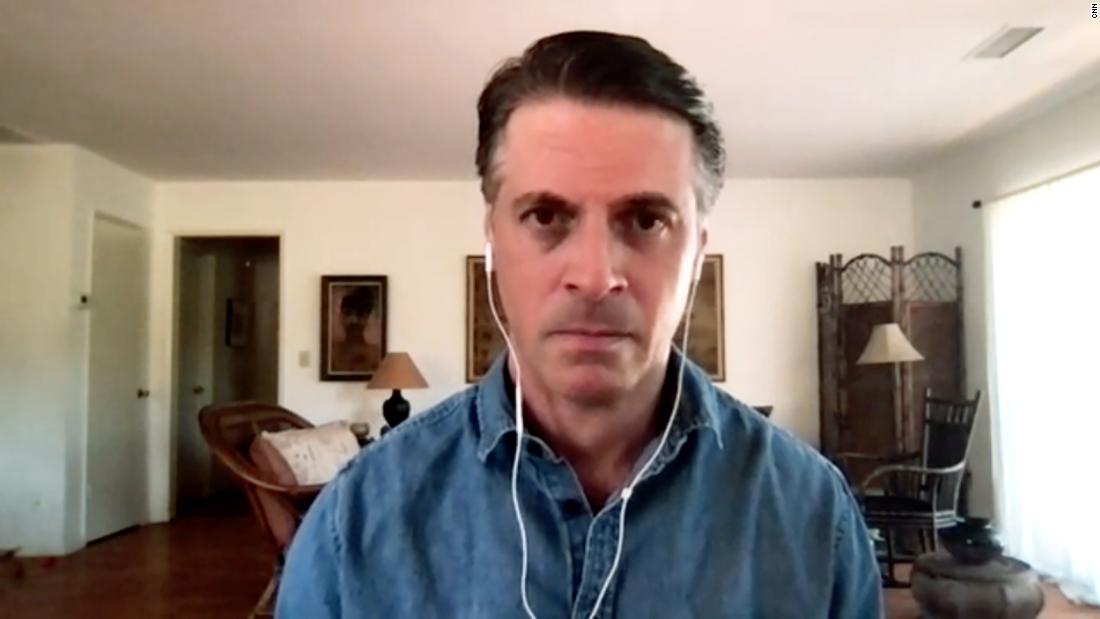
We don’t know how we will respond to this awful disease, but we do know that it’s not like a box of chocolates. The after-effects are utterly unpredictable, but in so many ways largely preventable.
So you will forgive my horror and disgust at this story:

While I understand that resistances to vaccination and masking wears a great many faces, for my health dollar, this:
- It isn’t political, a hard fact that will slap you up the side of the head when you’re in the ICU and begging for that vaccine you thought was a government plan to control you.
- It’s not just about you but your family and loved ones who end up having to care for your sorry ass as you rapidly decline in your mid-forties or whatever, or those around you who died because of you, but that’s between you and your Maker.
- Not believing that Covid is real doesn’t negate the science. Tell that to the children begging for vaccines before they are intubated, and then die, whose parents believed it was a hoax.
Britt’s points are primarily about lifestyle choices, but I am pinning these two onto the same corkboard. They are indeed connected. Not wearing a mask and not getting vaccinated are lifestyle choices, and just like (not all types, to be fair) obesity, smoking, opioid use and all the rest, they can lead to horrifying outcomes.
To that, Britt just published this which really underscores the No-Shit-Sherlock nature of the Delta variant:
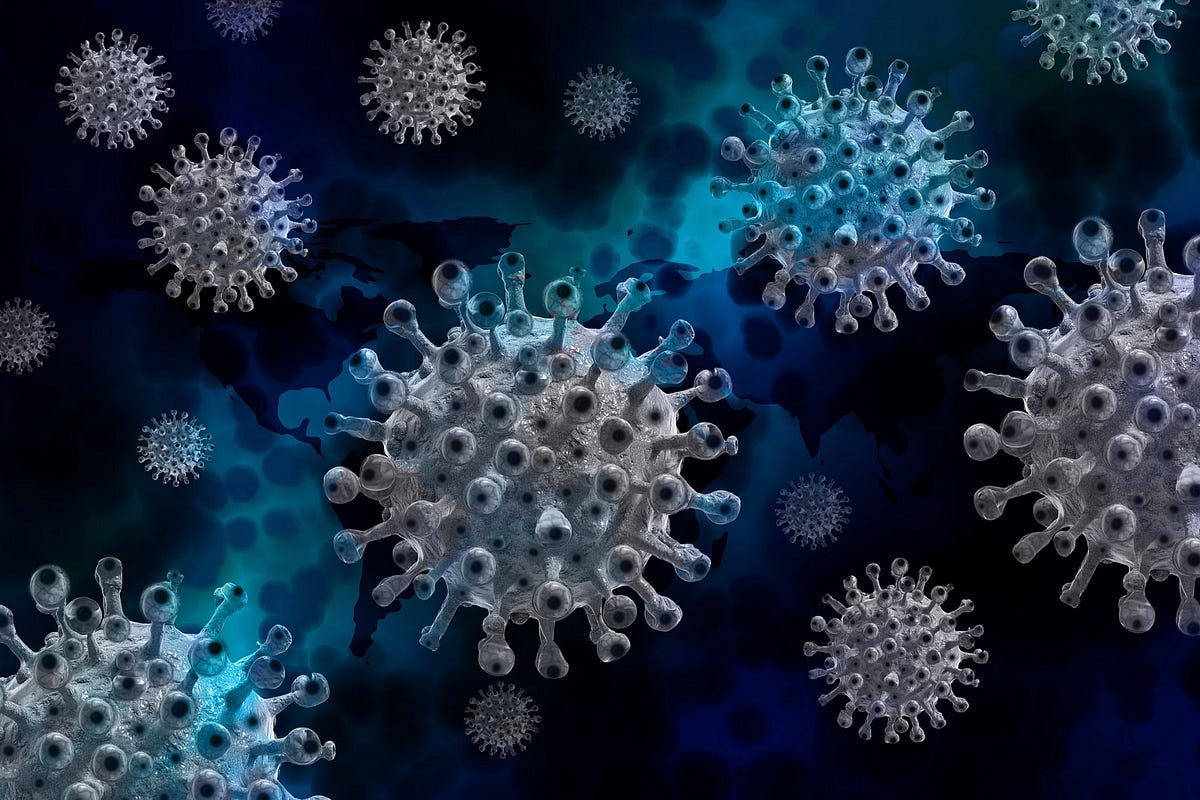
From the article:
Keep in mind: Even if you’re vaccinated, you could catch Covid. A new study of breakthrough cases found most were mild or asymptomatic, but about 19% of them developed “long covid,” symptoms like fatigue and loss of smell that persisted beyond six weeks.
Look. I am triple-vaccinated: two Pfizer, and one J&J and I still isolate, mask up and social distance. Call me crazy, but Call. Me. Healthy.

From the NPR story above:
In the U.S. alone, millions of people have developed persistent cognitive or mood problems after getting COVID-19. It may take a decade to know whether these people are more likely than uninfected people to develop Alzheimer’s in their 60s and 70s, Seshadri says.
Studies of people who have had COVID-19 may help scientists understand the role infections play in Alzheimer’s and other brain diseases. Previous research has suggested that exposure to certain viruses, including herpes, can trigger an immune response in the brain that may set the stage for Alzheimer’s. (author bolded)
While I can understand and empathize with those folks a third or a half my age who are both irritated and impatient with Covid restrictions, and who just in general and as a facet of being much younger honestly and truly believe that shit can’t possibly happen to them (until it does), all I can say is Get. A. Grip.
Super hero movies aside, that ain’t you and me. We are susceptible, and sadly, millions of us have set ourselves up for terrible outcomes because we choose the donut over the yogurt, the movie over movement, the alcohol and opioids over the dopamine hit of a walk outside. Or we won’t mask up or get vaccinated.

Medium spills over with all kinds of smart information, with Elemental being one of my favorite sources. A few articles that caught my attention lately speak, as does Britt’s above, to what you and I can do right here, right now. None of this is new, it’s going to sound same old same old, because, well, it is.
The science of prevention is the same. While we’re learning new and fascinating facts about our brains, bodies, health and our gut microbiome all the time, the basics consistently remain the same.
And frankly if hearing the same old thing bores you, and you don’t wanna do ’em, then be my guest and let dementia bore holes in your memory, personality and your life. You do that, Sparky. Not what I would wish for you or anyone. But that’s the beauty of choice, isn’t it?
To those whose attention I got, then, please see these articles:

Growth Lodge outlines the basics in this piece. And if I may point out: where we go off the cliff in our need to be extreme and show off, extreme fasting, extreme endurance exercise, extreme work habits (as in no sleep) etc. are all setups for serious problems as described in Britt’s article. The Wellness Industrial Complex with all its fakers like Goop and all the rest are happy to sell you on fasting (disordered eating/anorexia) and fake health products. NONE of them work as well as simple good habits. The same good habits your better Medium writers have been harping on all along. This particular article is chock full of links and references which will make excellent reading. Good stuff.
I recently started following
Mark Chu, and here’s one reason why:
From his piece:
No scientific evidence of benefits
To give a quick summary: research shows no significant improvements in taking supplements on a number of health issues, such as cancer, heart disease, mental declines, diabetes, or mortality. Yes, even fish oil is not helping people lowering the heart disease risk. I’m actually quite surprised by this because I was taught differently, and I’ve met one or two physicians who recommended it.
My ex, who studied nutrition and kinesiology, told me that we largely pee out all those pricey supplements. There’s a long, sad political history behind unregulated supplements full of fillers for which we can thank retired Republican sh*theel Orrin Hatch. But that’s another story. Bottom line again and again and AGAIN is for crying out loud, eat a varied, colorful diet. Don’t eat junk, or you end up with junk for brains, as in early-onset dementia, as one horrific possible side effect.
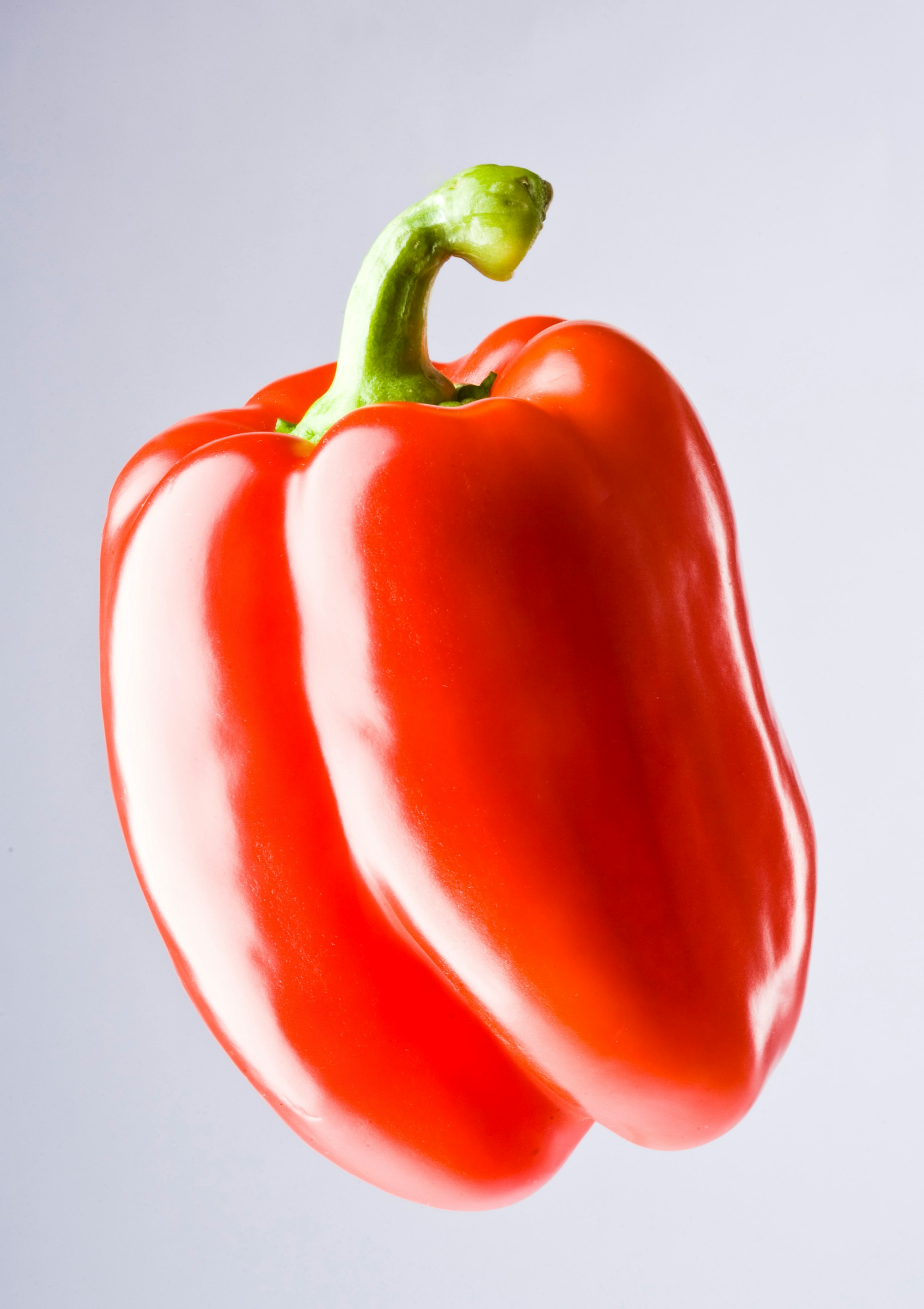
As to not eating shit food, I was standing in my kitchen the other day chowing down on a snack: bright red sweet peppers and hummus. Okay, it’s garlic hummus, which I won’t buy again because I melted the window screens, but here’s why I eat stuff like that instead of processed snacks:
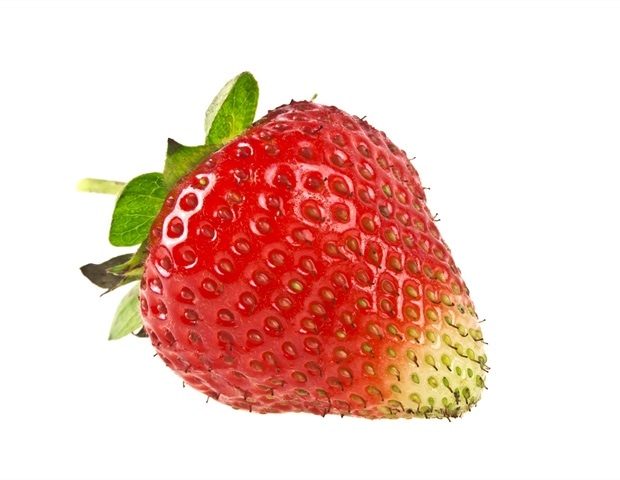
From the article:
There is mounting evidence suggesting flavonoids are powerhouses when it comes to preventing your thinking skills from declining as you get older. Our results are exciting because they show that making simple changes to your diet could help prevent cognitive decline.”
Walter Willett, MD, DrPH, Study Author, Harvard University in Boston, Mass
You see where I’m going with this.
There really is no excuse whatsoever, unless you and I cannot read, to claim we just didn’t know. For the most part,the health you and I are in, the state of our bodies and brains are the result of our choices, our behaviors and our day- to-day ingestion of both verbal and real food.
Another fave Medium writer is
Maria Cross, whose thoughtful pieces on the microbiome and diet are excellent examples of what to read and what to do to feel better and reverse some of these trends. Science is just truly stumbling onto how powerful the body’s gut is in determining mood and overall health, which circles beautifully right back around to those lifestyle choices.
Here are two recent pieces by Maria which I hope will inspire you to read her stuff:

and
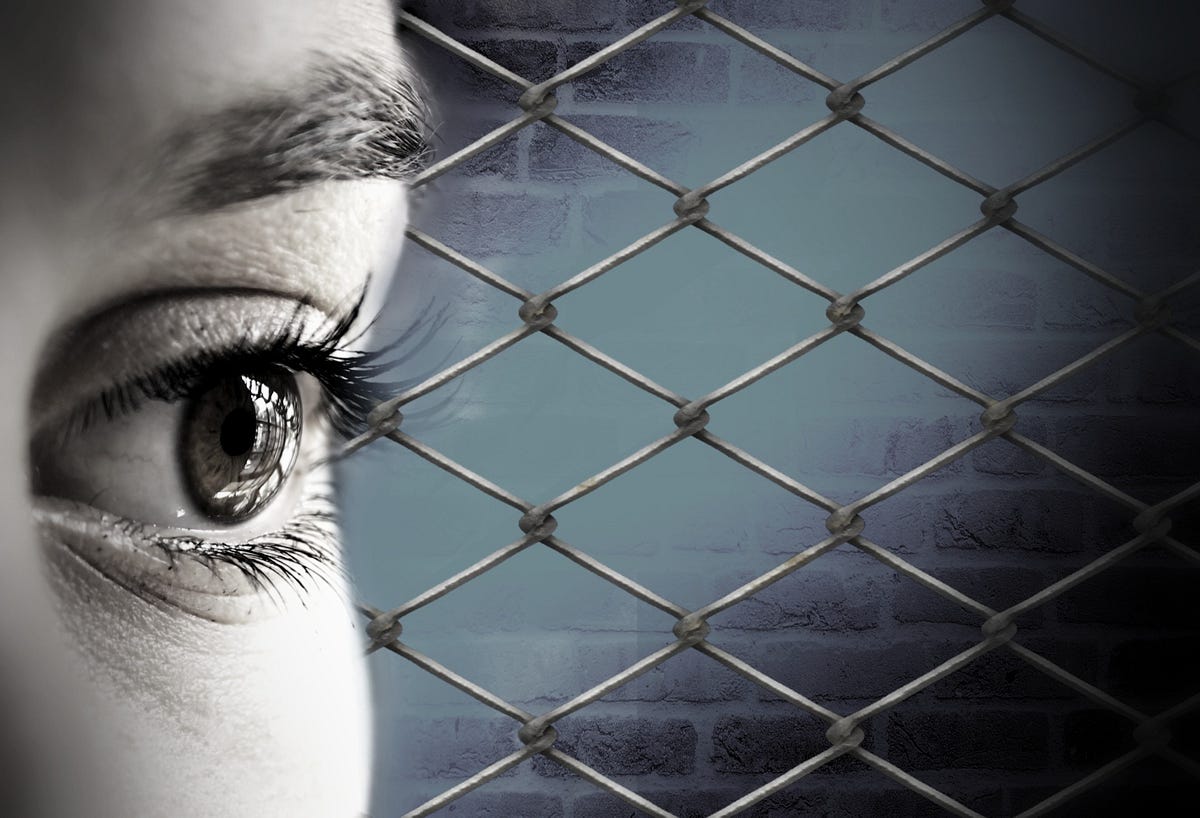
Look. I totally get that there are masses of folks who do not have access to decent healthy food, but this isn’t that article. I also recognize that too many people younger than I am are dealing with massive challenges from decent income to decent housing to shit managers. I get it. All I want to point out is that there are millions of us in America who are crippling ourselves, our brains, our health and our entire futures with crap choices in our twenties and thirties, choices which are having deleterious and dangerous effects right here and now. Changing societal trends will take time and is above my pay grade. How we respond to them is up to us.
You and I can choose to read stories by people selling snake oil cures, who feed your notions of ain’t it awful, who bark at you about the benefits of chewing bark for brain health. You go right ahead, Sparky, see where that gets you. For my health dollar, Medium offers you and me a slew of smart writing, and people who have done the research for us to offer curated information that is backed by science. Science that helps you and me live vibrant lives, that are full of the joy of health, even at times when the pressure bends us out of sorts.
Or we can spiral downwards and end up addled at forty.

This is reversible, in some if not many cases. And if not reversible you can at least slow those effects down, especially if dementia is prevalent in your family. That in and of itself is not a death sentence. It is a bright yellow warning sign on your life’s highway, and a serious indication that you might want to pay attention to your lifestyle habits.
This is a truly important article from another favorite Elemental writer,
Markham Heid, about how we choose to see our world. The reason I’m including this is because, particularly for Millennials and Gen Z folks who are immersed in social media, how we interact with that messaging can set us up for depression. And depression, particularly if it’s persistent, is one of the primary early markers for serious problems like dementia as described by this study that Britt noted in the first article above.
From that piece:
If you’re exposing your brain to a steady stream of content that is excessively angry, snarky, aggrieved, despondent, politically preoccupied, or otherwise lopsided, these attributes will gradually saturate your reality. Your brain will detect them everywhere…
“The main takeaway,” Levari adds, “is that we are very sensitive to what we get exposed to, and especially to things we see over and over again.”
Why is this relevant? Because if you buy into the world view that we’re all screwed and it's hopeless (okay okay we ARE screwed but it's not entirely hopeless), then you might choose to eat crap, avoid workouts, get shit sleep and all the other bad habits that virtually guarantee a truncated quality of life. In fact I see plenty of Medium article titles that speak to that very thing, which is why I mute them. They have no business landing turds in my virtual punch bowl. Nor in yours. You can choose to turn off the spigot of negativity that may be leading you down a dangerous road.
And while life for me at times is no party (I nearly crippled myself recently with that lousy landing), what’s between my ears IS a party. An addled one at times, but it’s a party partly because of how I feed my brain and body: I eat for health, move for health, and manage the verbal flow into my brain pan for health. That last can be difficult at times.
For those of you weary of life hacks, life advice, wellness exhortations, and feeling downright guilty for not being experts at the Self Care Industrial Complex which has been weaponized against the general public and most especially Millennials and Gen Zers, I offer this smart and painful-to-read piece from Forge:

Medium writer Rainesford Stauffer nails part of the problem. She and Jessica Wildfire have both called out the bullsh*t aspects of how “taking care of ourselves” has been turned into a shaming industry, so that those who are already overwhelmed by lack of child care, funds, proper housing and all the rest are now schlubs for not (fill in the blank).
Kindly, go spit.
I am with both of them. All this does is heap hot ashes on the tired heads of folks already struggling and paying the price for it. So before you react to this article as though it is just one more needless exhortation around taking care of yourself, one more goddamned item or project on your to-do list, kindly.
This article isn’t that. All I ask is that you consider that you have the choice to NOT read all those exhortations on line or listen to those podcasts. That is a choice, and to not do so not only frees up your time but relaxes your brain. Shut that down already. That is for me an essential part of self-care: not listening to a thousand mindless influencers imply that you’re a jerklfor not doing your hot yoga all day. Not buying their “snort crushed Beano up your nostrils which will cure brain farts.”
Okay I made that up.
Okay so maybe I tried it since I suffer from brain farts all day.
Okay I made that up too.
From Rainesford’s article:
Another piece, Gobin says, is the importance of knowing yourself before you can take care of yourself: “And I think a challenge in our society, which is so achievement and so productivity focused, is that we rarely take the chance to slow down and to check in with ourselves and see, how am I doing?”
Precisely. This isn’t about measuring yourself against an impossible standard. It’s the small, incremental, moment-to-moment steps you and I can take, not massive overhauls that we heap onto an already-overloaded life.
Wildfire has written, I wholly agree:

The way I see it is that you and I can take care of ourselves just fine without a thousand idiot influencers (whose lives are shitty) telling us how to live. All I am doing is pointing out what the science is saying about some distressing trends. This isn’t a life hack article, nor is it your nana barking at you about wellness or self-care.
This is some old broad who gives a genuine damn about your quality of life, which is above all things driven by your health.
If you are driven by depression, and I have been, there are things you can do about it, and probably the first and best and shut your social media the fuck up. Curate what comes in. Protect your precious brain.
Cultivate a goddamned sense of humor. Which, before you throw your iPad at my greying head, is THE single life hack I know which will serve you best, serve you longest, and give you the kind of body and brain armor that absolutely, positively repels repellent people, bullshit, bad news and okay, not bacteria, but at least everything else.
The rest, about food and moving, you already know. The very second you stop searching for The Secret Sauce, The One Thing I Can Do to Fix My Life, you are off the hook to find your way to your health on your terms. To that, and I promise this is the last one:

Your body, your brain are talking to you all the time, all day, telling you what they need. Listen to them. Wanna live long and prosper? It’s all out there for you to choose to read, assimilate and do or not do. The second it becomes a burden, dump it.




Comments powered by Talkyard.